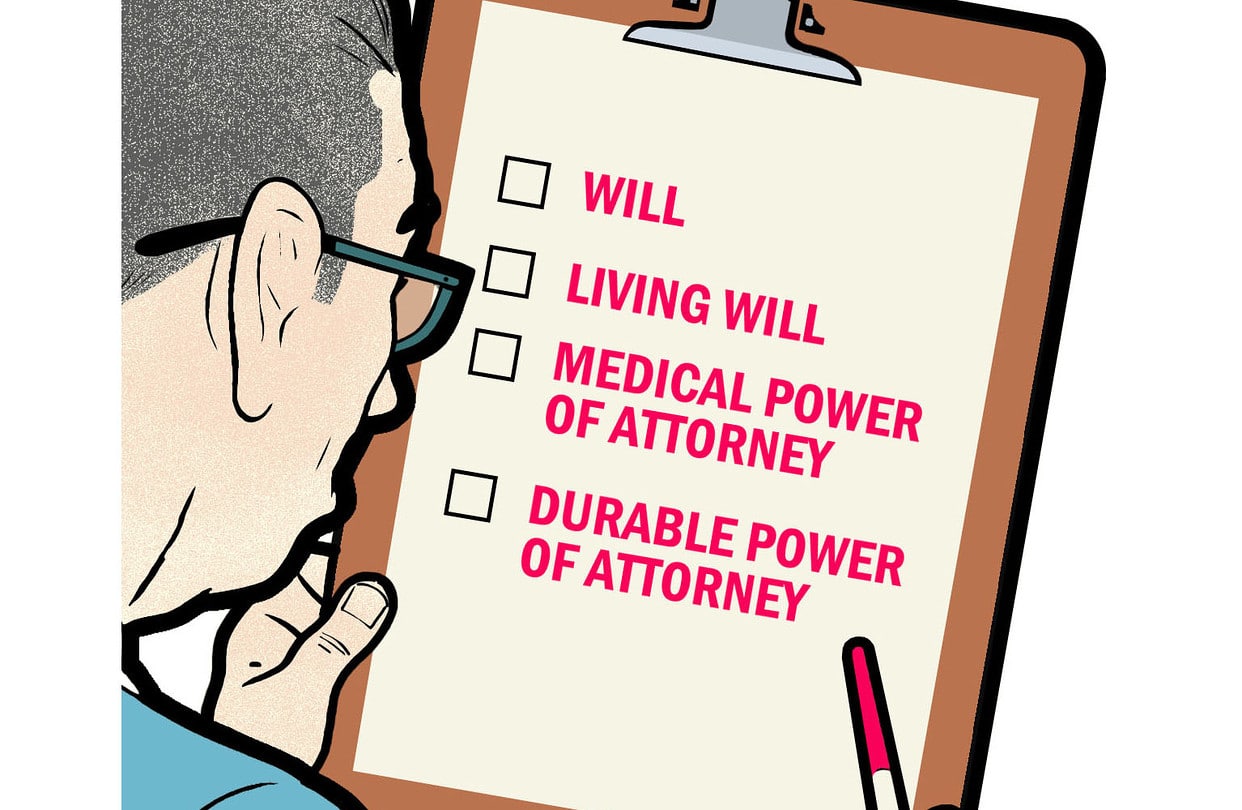Nj.com’s recent article entitled “Do I need to change my will if it’s about 10 years old?” explains that there’s no expiration date on a will.
However, as your family and financial situations change, let alone as laws change, wills may need to be updated to reflect these changes and better reflect your intent.
If the changes are minor, they can be reflected in a codicil. That’s a separate document changing the will.
Codicils can be used to keep a will current and up to date. They’re separate documents from wills—and serve as an addendum to the will.
The use of a codicil dates back to ancient times when, for instance, an heir needed to be named.
The requirements for a codicil vary in each state, and like a will, most states require two witness signatures for codicils, while some states allow the document to be notarized.
In contrast, significant changes should be done by having a new will prepared and executed.
Sometimes, even minor changes may involve preparation of a new will.
For instance, in the original will you may have excluded a beneficiary who you now want to include. However, don’t want the beneficiary to find out they were originally excluded.
If you sign a codicil, the previous exclusion will be obvious. However, with a new will, the old will and previous exclusion will remain undisclosed.
Don’t mark up or hand-edit an original will because that will make it hard or impossible to probate. It will probably require a court proceeding to have the will accepted for probate.
Finally, some financial institutions have problems with older wills, so you may want to inquire about their policies to make sure there won’t be trouble after you pass away.
Reference: nj.com (Oct. 22, 2022) “Do I need to change my will if it’s about 10 years old?”


